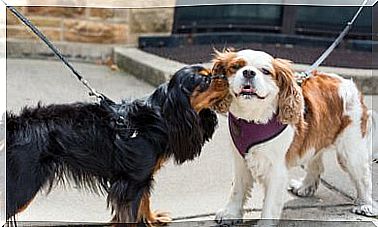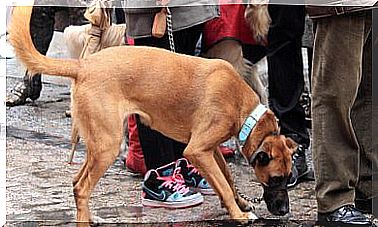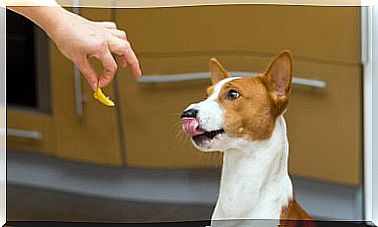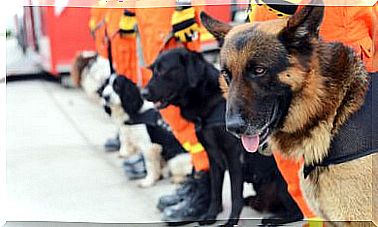Post-holiday Syndrome In Dogs: Why Does It Occur?
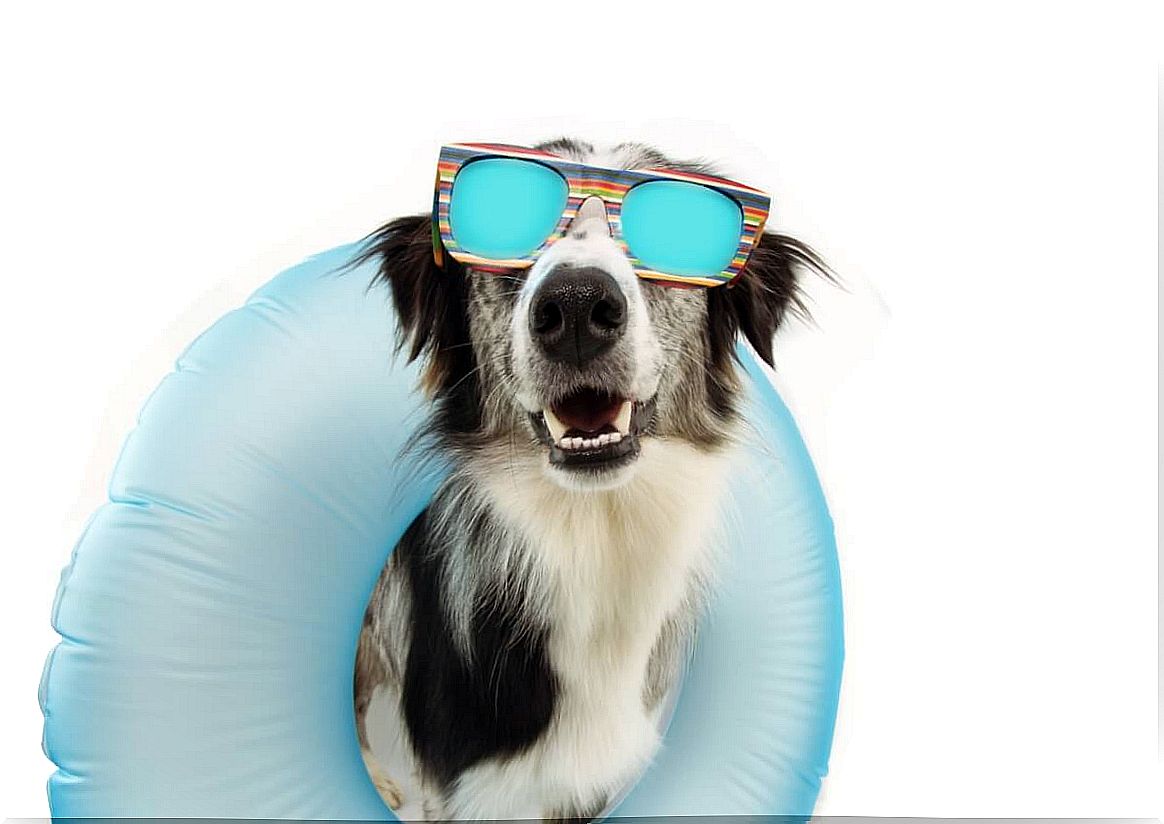
Returning from vacation is not a dish of good taste for almost anyone, but not only humans suffer from it: there is also post-vacation syndrome in dogs. If when your dog returns from a trip it behaves in an unusual way, it may be suffering from it.
In the following lines, you will be able to read a more detailed definition of this syndrome and some tips to avoid its appearance or mitigate it if you are already observing it. Do not lose your eye, you will find a lot of useful information.
Post-holiday syndrome in dogs: what is it?
Although it has been given the name of post-vacation syndrome, this canine emotional disorder does not work the same as in humans. For us, broadly speaking, it is a depressive or anxious period due to the return to a routine that is unpleasant and from which we had disconnected for a longer period than usual.
In dogs, however, it is more of a difficulty in adapting to returning to their usual routine abruptly. What factors in this change can affect your canine companion? In the following list, we present the most common:
- The dog does not spend as much time with you anymore, since you have returned to your daily obligations.
- Their activity decreases: on vacation, the animal has participated in excursions or has gone out for longer than normal, for example.
- He receives less mental and physical stimulation: If he gets bored when he returns home, the dog may end up feeling anxiety.
- The animal has a personality more prone to suffer from changes in routine.
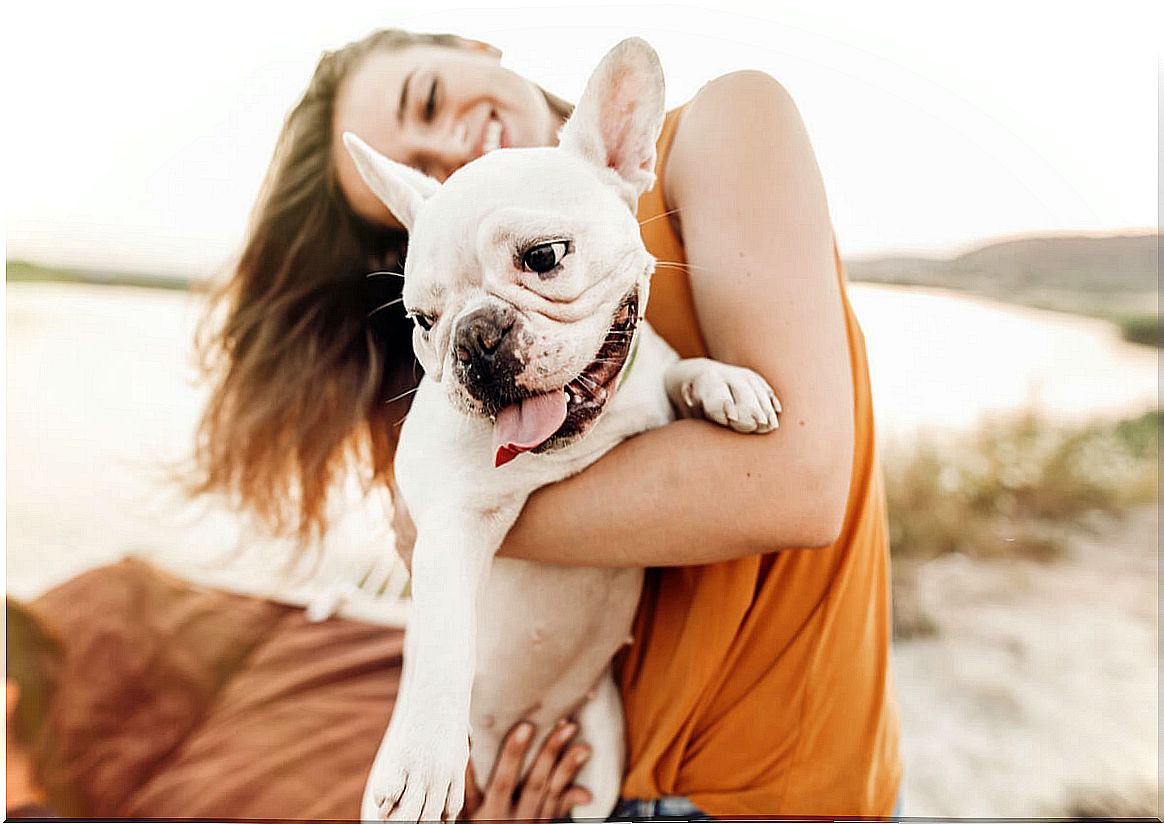
Symptoms of post-vacation syndrome
It may be that when you return from your vacation period your dog begins to show inappropriate behaviors of him or do something worrisome. Some of the behaviors that generally indicate the presence of a post-vacation syndrome are the following:
- Abnormal bowel movements: If your dog is experiencing change anxiety, he may urinate and defecate at home. The drastic variation in times to “go to the bathroom” may have affected him in this regard as well.
- It constantly demands attention: during the holidays, the dog surely received more attention from all the members of the family. Upon returning home, this is abruptly reduced.
- You are more active and nervous than usual: you no longer exercise as much as on vacation, although your body asks you to move.
- Apathy and / or anorexia: atypical behaviors may go to the other extreme and their activity is reduced, the dog appears sad or even does not want to eat.
In addition, if the dog adapts poorly to the change in routine, it may develop a separation anxiety disorder. In this case, you would find velcro behaviors of the dog towards his guardian, bad behavior when he is not at home and other symptoms.
What to do if your dog suffers from post-vacation syndrome?
It is essential, in the first place, to know the personality of your pet, since this will allow you to estimate the risk that this sudden change in its routine will affect it negatively. To prevent post-vacation depression in a dog — or mitigate it, if he’s already suffering from it — here are some tips:
- Try to make the change as progressive as possible : you can return from vacation a couple of days before so that the animal gradually gets used to the return home.
- Take the dog for a walk more often: this will help him adapt his activity little by little to the new routine. Physiological needs will also keep up with the new rhythm, preventing you from starting to relieve yourself indoors.
- Give her lots of love – an extra helping of pampering every day will go a long way in the adjustment process. This is also good for insecure dogs who may feel that changes are synonymous with punishment.
- Increase the amount of environmental enrichment that you provide: that the dog is entertained is essential to avoid falling into the anxiety that boredom produces. If you also give the dog stimuli in the periods you spend away from home, you will help prevent the appearance of separation anxiety.
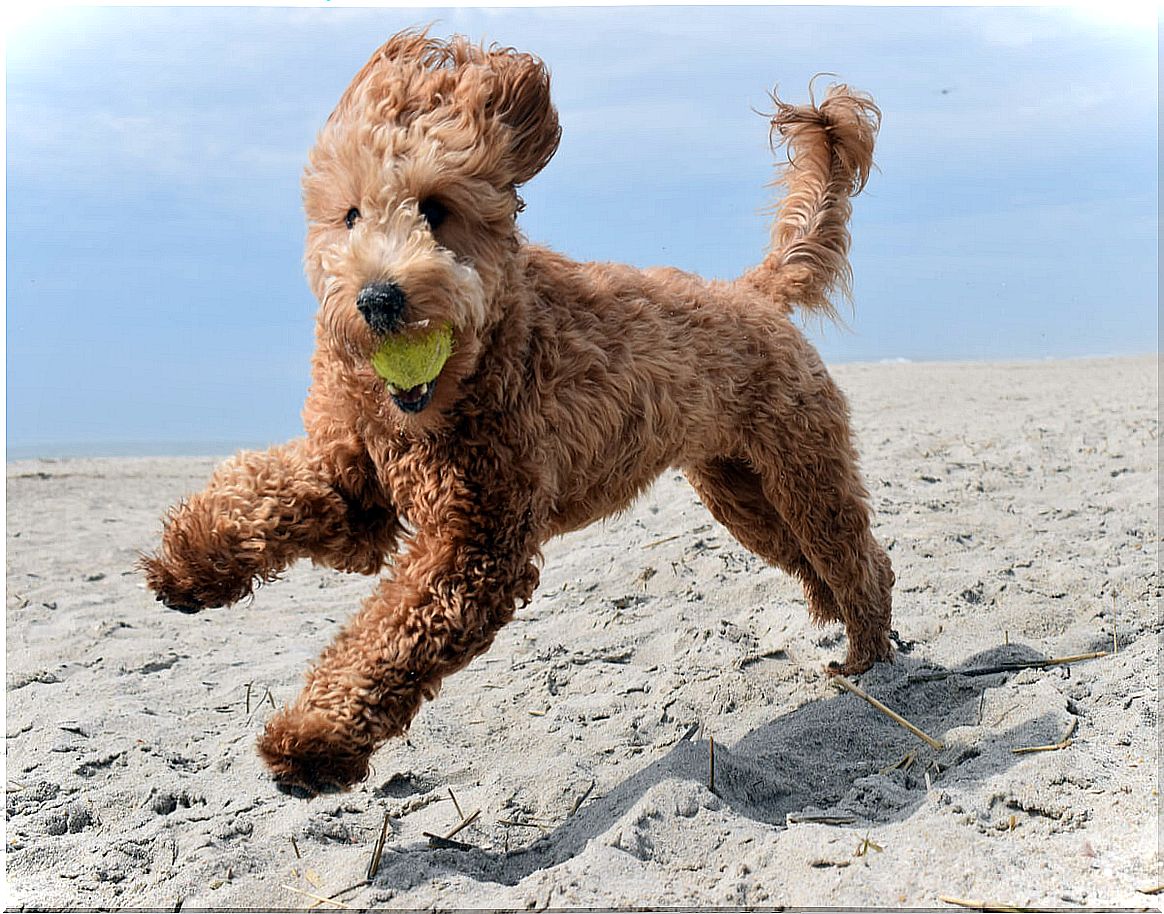
The importance of a good diagnosis
All this information is intended to help you prevent and identify a situation that may affect your dog’s well-being — and your peace of mind. However, if you suspect that there may be a serious problem in the animal, it is best to see a professional in canine and / or veterinary ethology.
Putting yourself in the hands of an expert is important when in doubt, because the change in behavior may be due to a physical health problem. Before thinking about behavioral disorders, other illnesses should be ruled out.

